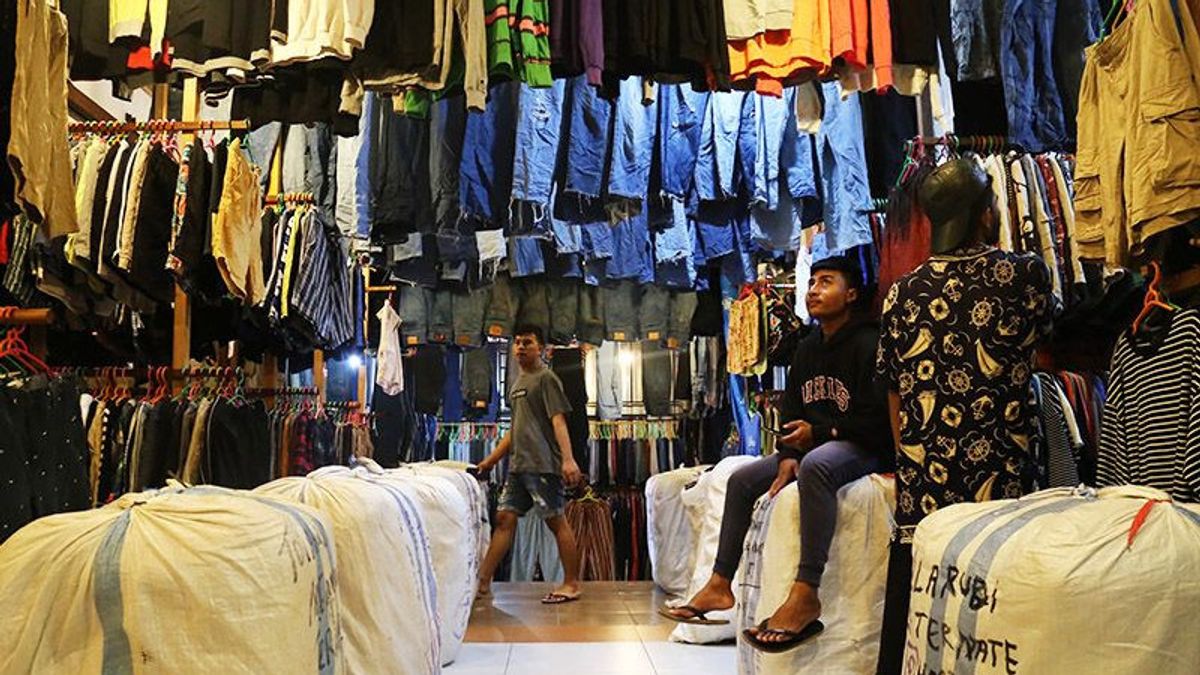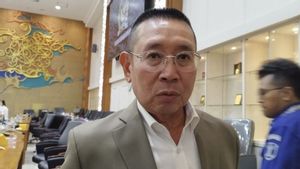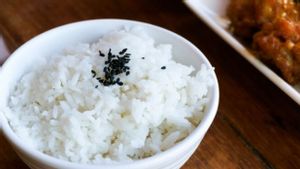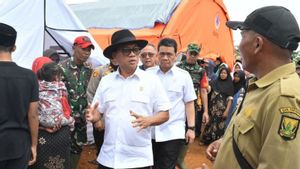JAKARTA - The Association of Filament Filament Fiber and Benang Producers (Apsyfi) revealed that a number of modes of importing used clothes were not in accordance with procedures that entered Indonesia.
General Chairperson of Apsyfi Redma Gita Wiraswasta said there were four import modes that were not appropriate.
"First, under-invoice, namely volume and value of goods in the notification of imported goods (PIB) which are lowered/reduced, so that it is not in accordance with the documents of loading and receiving goods or master Bill of Leading (B/L)," said Apsyfi General Chair Redma Gita Wiraswasta in Jakarta, Friday, March 31.
Second, the escape of HS, in which HS in PIB was changed to HS whose import duties were lower.
"Third, transhipment/forgery of goods asset certificates (SKA/COO), namely the manufacture of fake SKA documents from countries that are not subject to trade remedies (international trade instruments)," said Redma.
For the last mode, he continued, there were imports of goods, in which the import of used clothing was carried out without the calculation of import duties and taxes that should have been used by importer undername services.
"This practice eliminates import regulations for Import and Trade Remedies," he added.
For your information, Master B / L documents issued by shipping companies and containing information related to the list of types of goods (by code HS), volume of goods, and value of goods. The goods are checked in relation to insurance.
Meanwhile, the import notification document (PIB) was made by its own importer, which includes a list of items (by code HS), volume of goods, and value of goods.
The English, Chinese, Japanese, Arabic, and French versions are automatically generated by the AI. So there may still be inaccuracies in translating, please always see Indonesian as our main language. (system supported by DigitalSiber.id)








